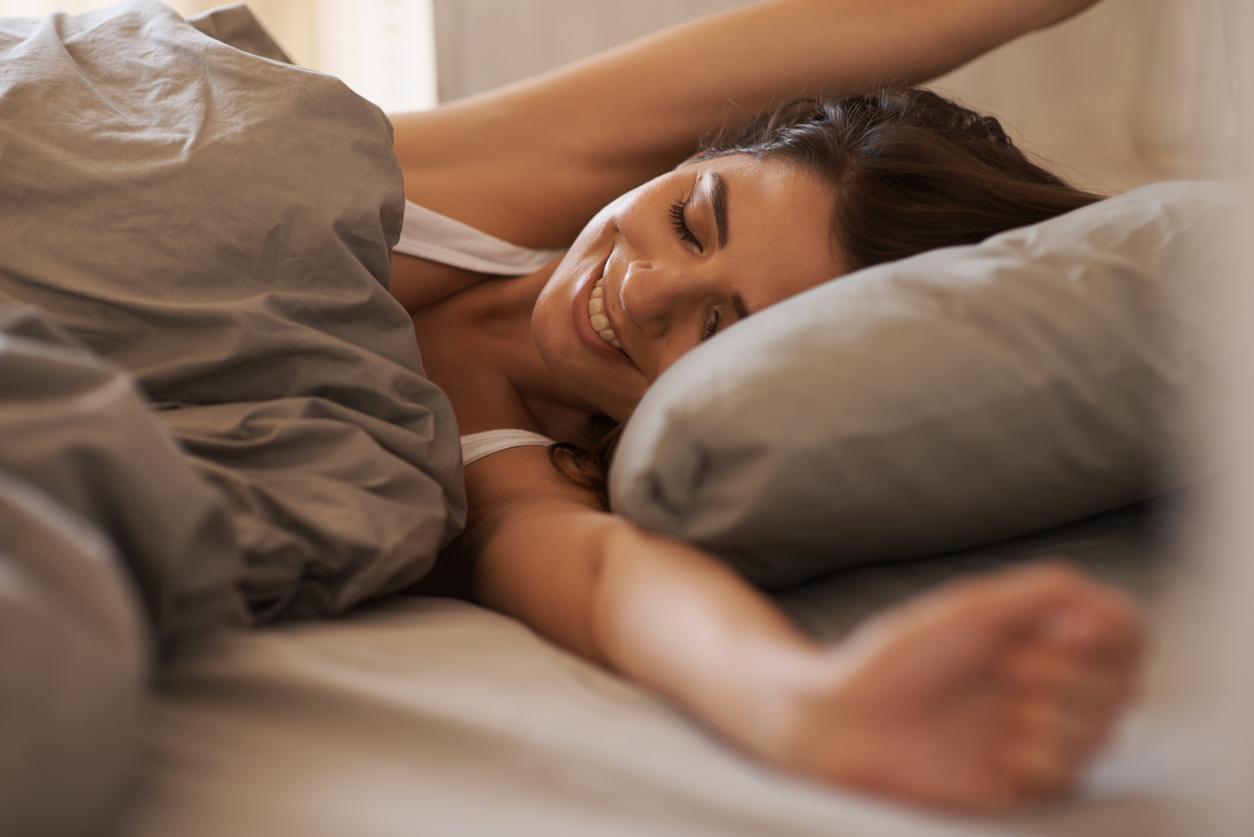How to get the perfect amount of sleep based on your sleep cycles
In order to wake up feeling good, stop worrying about how long you're sleeping for

Your support helps us to tell the story
From reproductive rights to climate change to Big Tech, The Independent is on the ground when the story is developing. Whether it's investigating the financials of Elon Musk's pro-Trump PAC or producing our latest documentary, 'The A Word', which shines a light on the American women fighting for reproductive rights, we know how important it is to parse out the facts from the messaging.
At such a critical moment in US history, we need reporters on the ground. Your donation allows us to keep sending journalists to speak to both sides of the story.
The Independent is trusted by Americans across the entire political spectrum. And unlike many other quality news outlets, we choose not to lock Americans out of our reporting and analysis with paywalls. We believe quality journalism should be available to everyone, paid for by those who can afford it.
Your support makes all the difference.For a lot of people, getting to bed early is a real challenge. Every morning, you wake up feeling shattered and resolve to go to sleep earlier that day.
But then evening rolls round, the internet keeps distracting you (because of course, you simply must know which Hollywood hunk is your soulmate based on your pizza preferences), and before you know it it’s past midnight.
The latest Great British Bedtime Report from the Sleep Council found that 74 per cent of Brits get fewer than seven hours a night, and the number of people sleeping for fewer than five hours has grown from seven per cent to 12 per cent.
61 per cent of the 5,002 people surveyed in 2017 said between five to seven hours a night is the norm.
We all know how important sleep is - every day, new studies seem to find that sleeping longer will make us happier/thinner/richer/healthier/better.
But it’s also largely accepted that different people need different amounts of shut-eye - whilst some seem to fall apart if they get anything less than nine hours a night, others claim to function fine on four.
So how do you know what time to turn out the lights and hit the hay?
The trick is in fact not to worry about the length of time you sleep after all, but to focus on sleep cycles.
“The brain has a pattern of sleep. It’s not like you just fall asleep and hour one is the same as hours two and three and five and nine,” author and sleep expert Dr Laura Lefkowitz explained to the Telegraph.
“It goes through cycles. Within each there is what we call non-REM [Rapid Eye Movement] sleep, and then REM sleep.”
In order to wake up feeling refreshed, you just need to make sure your alarm won’t go off mid-cycle - each cycle lasts about 90 minutes and ideally you should sleep through five or six.
“Waking up mid-cycle can leave you feeling grumpy and tired; rising in between phases will help you to start the day with a smile on your face,” Web Blinds say.
One way to find out what time you should go to bed is with their sleep calculator.
You enter the time you need to get up and they’ll give you an array of bedtime options. So if your alarm is set for 7.15am, they say you should go to bed at 10:01pm, 11:31pm, 1:01am or 2:31am.
The calculations are based on the fact that the average person takes 14 minutes to fall asleep, but of course this may not be the case for you.
Sleep-tracking apps are not new, but one of the best ways you can make sure you don’t wake up midway through a sleep-cycle is with a tracker such as Beddit, which accurately measures your sleep throughout the night with an unnoticeable strip of material that goes under your bedsheet.
Not only does the app analyse your sleep but you can also set the smart alarm to wake you up when you’ll feel most refreshed.
After all, it’s never fun being brutally awoken from a brilliant dream.
Read more on how to buy the best mattress
Join our commenting forum
Join thought-provoking conversations, follow other Independent readers and see their replies
Comments